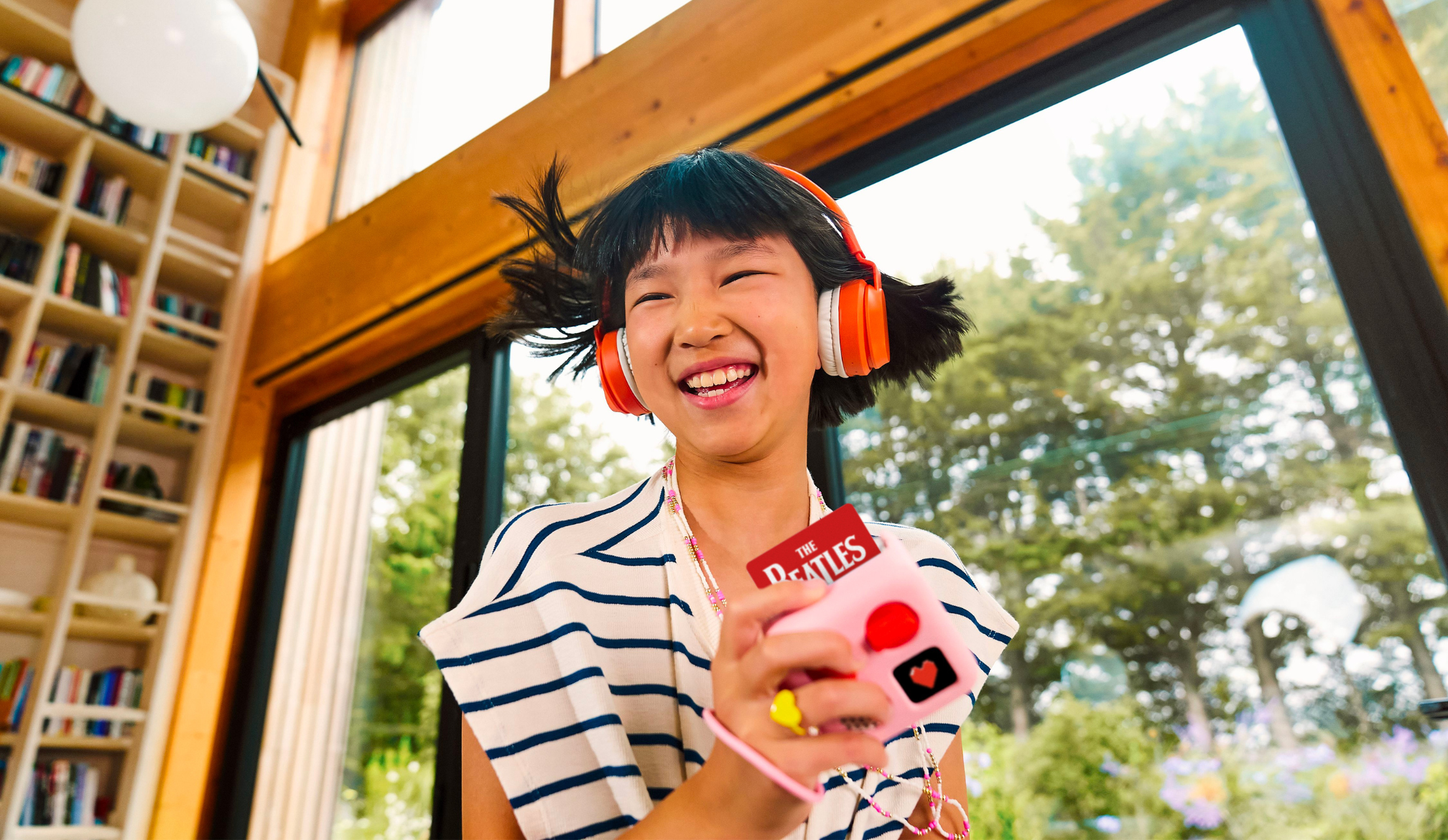Mandatory logins for ABC iview could open an intimate window onto your life
- Written by Michael Cowling, Associate Professor – Information & Communication Technology (ICT), CQUniversity Australia

Last week, the ABC announced[1] it will begin to track the viewing habits of all users of its iview streaming platform[2] from March 15. This will be done by making users create an account and log in to watch shows and “benefit from the next stage of personalised services” such as “program recommendations [and] watchlists”.
The change was initially planned for the middle of last year, but was delayed after heavy criticism[3] from privacy experts and others over the proposed arrangements for sharing and recording data. One point of contention was the ABC’s plans to share viewer data with Facebook and Google.
The ABC says[4] “significant work has been undertaken in providing effective privacy controls” during this delay. But nevertheless, critics maintain[5] the new provisions still involve sharing using data without full consent.
So how concerned should we be about our privacy here?
All your data are belong to us
For years we’ve known organisations such as Google and Facebook are collecting data on every search and social media post we make, and every website we visit.
Often the argument for collecting these data is similar to that used by the ABC: that collecting it provides for more personalised recommendations and a better user experience. However, tech companies also make billions using these data to sell personalised ads (and sometimes by selling the actual data).
Read more: The ugly truth: tech companies are tracking and misusing our data, and there's little we can do[6]
They’re not the only ones keeping tabs on us. Loyalty cards such as Woolworths Everyday Rewards or Coles Flybuys do the same thing: tracking your purchases, adding them to a database, and mining them for information about your life.
If you buy 10 cans of cat food a fortnight, you probably have two cats. If you suddenly start buying 15, you’ve probably acquired a third.
Nappies, baby formula and baby food reveal how many kids you have, how old they are, and how they’re growing up. The ratio of Tim Tams to bread and milk can give clues as to your level of disposable income.
Despite this, millions of Australians scan these cards every day. It’s hard to know if they’ve fully weighed the pros and cons, or just never really thought about them.
A healthy fear of your shadow (profile)
So how much should we care about this? And how much do we?
When I put these questions to my students in an undergraduate class on Information Technology & Society, they mostly respond that if they’re doing nothing wrong then they have no reason to care if major corporations know what they eat for breakfast.
Older “mature age” students tend to feel differently, often raising concerns about what the data are used for, both now and potentially in the future. Older students may have had negative experiences with data, such as having a home loan disallowed over a credit report, while younger people may not look so far ahead.
Indeed, organisations like Electronic Frontiers Australia have argued this type of data collection can be a slippery slope to profiling and bias[7], with organisations using this to choose who should receive particular services or assistance.
The ever-growing collection of data comes at the same time as government moves to centralise their databases under the banner of myGov[8], tying all government services to Medicare or tax file numbers.
Read more: Is China's social credit system coming to Australia?[9]
We are still a long way from a dystopian situation like China’s social credit system, where all our behaviour feeds into a rating system that determines our access to services and housing, but these moves could make one easier to implement in future.
How enjoying Q+A might raise tricky questions
Which brings us back to the ABC and its plan to require every user to create a profile and log into its service. The main question here is the same one to ask when using a Flybuys card or creating a new social media account.
Does the convenience of sharing these data (with the ABC in this case), in terms of personal recommendations and watch lists, and indeed, the ability to access the service at all, balance what we think our data will ultimately be used for?
And when we ask this question, it helps to think in very broad terms. While in this case we’re just talking about viewing history and watch time, it’s not too dissimilar to cat food and nappies when you think about it.
Read more: The privacy paradox: we claim we care about our data, so why don't our actions match?[10]
Significant amounts of information could be inferred from our viewing habits: everything from our political leanings to our attention span. What that can then be used for is anyone’s guess.
That’s not to say you shouldn’t create an account, but rather that you need to go in with your eyes wide open. Think about what iview means to you, what data might be shared, and how it might be used. And then decide if you really love Bluey all that much after all.
References
- ^ announced (about.abc.net.au)
- ^ iview streaming platform (iview.abc.net.au)
- ^ delayed after heavy criticism (www.innovationaus.com)
- ^ says (about.abc.net.au)
- ^ critics maintain (www.salingerprivacy.com.au)
- ^ The ugly truth: tech companies are tracking and misusing our data, and there's little we can do (theconversation.com)
- ^ a slippery slope to profiling and bias (www.efa.org.au)
- ^ myGov (my.gov.au)
- ^ Is China's social credit system coming to Australia? (theconversation.com)
- ^ The privacy paradox: we claim we care about our data, so why don't our actions match? (theconversation.com)

















